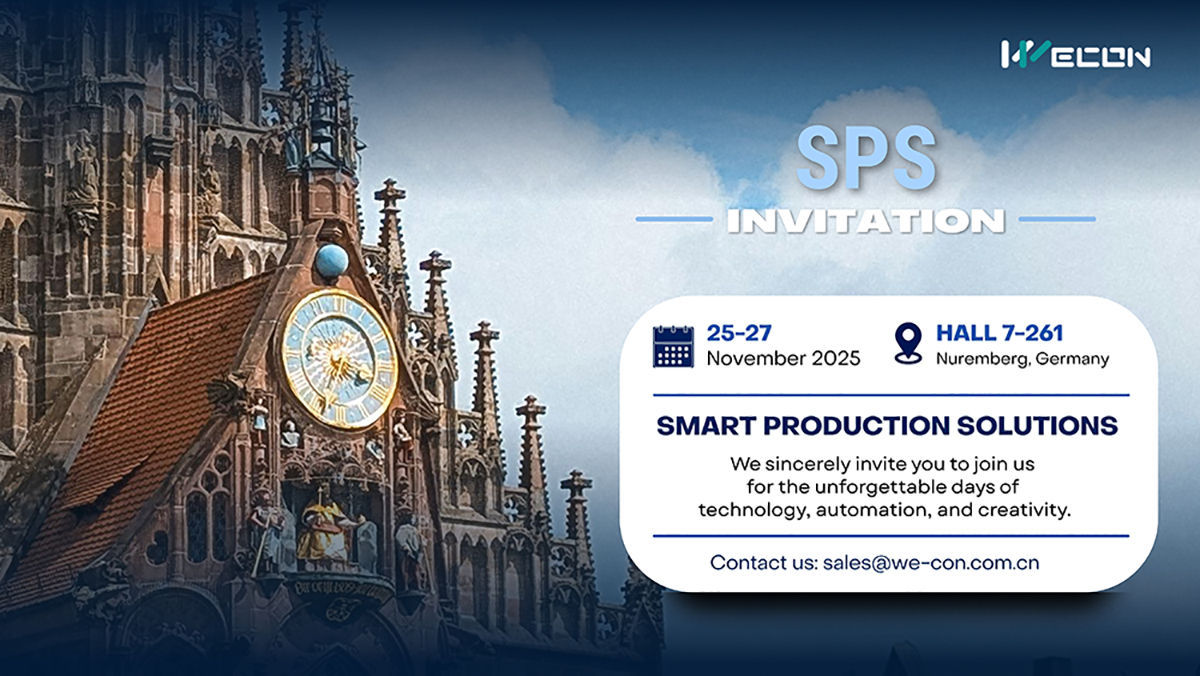Wiki source code of 01 Device configuration
Last modified by Wecon on 2025/09/03 21:04
Show last authors
| author | version | line-number | content |
|---|---|---|---|
| 1 | = 1.1 V-Box Configuration = | ||
| 2 | |||
| 3 | ①Access V-Net 2.0 software and click on the [Offline Mode] (you can also log in with your V-Net 2.0 account if you have one), as shown in the figure below. | ||
| 4 | |||
| 5 | (% style="text-align:center" %) | ||
| 6 | [[image:1743571974195-785.png||height="586" width="900"]] | ||
| 7 | |||
| 8 | |||
| 9 | ②Click on the [V-Box] button in the upper left corner [[image:1746584035313-420.png]],choose [PC to box connection mode]: (USB connection or Ethernet connection. If you use Ethernet connection, you need to know the IP address of the device), after [Detected XX device] appears on the right, click on the [Upgrade Firmware]. | ||
| 10 | |||
| 11 | {{info}} | ||
| 12 | Note: The first time you use it, you need to [Upgrade Firmware]. If you have already upgraded, you can ignore this step, as shown in the figure below. | ||
| 13 | {{/info}} | ||
| 14 | |||
| 15 | (% style="text-align:center" %) | ||
| 16 | [[image:1743572544476-814.png||height="653" width="900"]] | ||
| 17 | |||
| 18 | |||
| 19 | ③After the firmware is successfully upgraded, and [Detected XX device] appears on the right again, then click on the [Configure network], as shown in the figure below. | ||
| 20 | |||
| 21 | (% style="text-align:center" %) | ||
| 22 | [[image:1743572660513-535.png||height="653" width="900"]] | ||
| 23 | |||
| 24 | |||
| 25 | ④Configure the "Networking configuration" and "Box access Password" in [Configuration network], then click on the [Download], and wait for the device to be configured successfully and restart, as shown in the figure below. | ||
| 26 | |||
| 27 | (% style="text-align:center" %) | ||
| 28 | [[image:1754393355952-763.png||height="658" width="900"]] | ||
| 29 | |||
| 30 | (% class="wikigeneratedid" %) | ||
| 31 | ⑤After the V-Box environment is prepared and the platform account registration is completed, you can log in the V-Net 2.0 and perform device binding operations. | ||
| 32 | |||
| 33 | = 1.2 HMI Configuration = | ||
| 34 | |||
| 35 | ①Open the HMI software PIStudio, create or open a project, and click on the [Project] → [Cloud], as shown in the figure below. | ||
| 36 | |||
| 37 | (% style="text-align:center" %) | ||
| 38 | [[image:1743573040947-101.png||height="580" width="1000"]] | ||
| 39 | |||
| 40 | |||
| 41 | ②[Server]: Select the server corresponding to the account,enter the password(the default password is 888888), then click Confirm, as shown in the figure below. | ||
| 42 | |||
| 43 | (% style="text-align:center" %) | ||
| 44 | [[image:1744681466442-496.png||height="580" width="1000"]] | ||
| 45 | |||
| 46 | |||
| 47 | ③Click on the [Compile], after the project is compiled, click on the [Download], In the pop-up download tool window, choose: Ethernet (USB connection or Ethernet connection. If you use Ethernet connection, you need to know the IP address of the device), enter the IP address of the HMI, click [Download], and wait for the project download to complete, as shown in the figure below. | ||
| 48 | |||
| 49 | (% style="text-align:center" %) | ||
| 50 | [[image:1744681955795-989.png||height="542" width="1000"]] | ||
| 51 | |||
| 52 | |||
| 53 | ④After the HMI environment is prepared and the platform account registration is completed, click the [Machine Code] button to get machine code to bind the HMI in V-Net 2.0. | ||
| 54 | |||
| 55 | (% style="text-align:center" %) | ||
| 56 | [[image:1744682823141-273.png||height="524" width="1000"]] |

